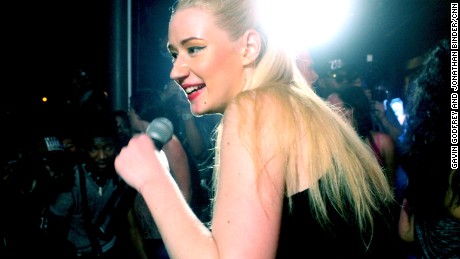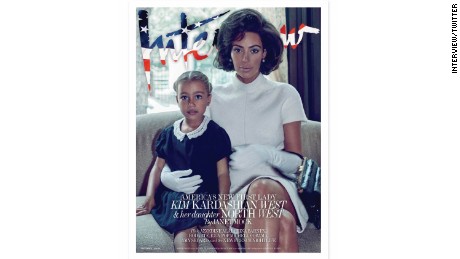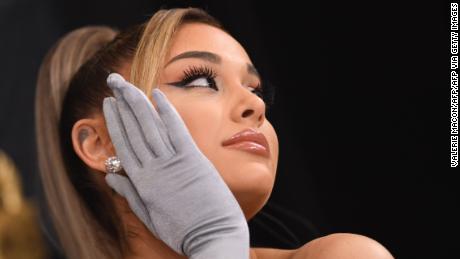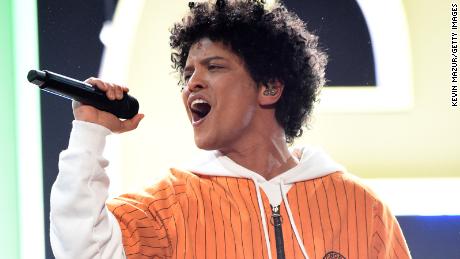What ‘Blackfishing’ is and why people do it
The term has been increasingly in the news to describe behavior by White entertainers who appear to be imitating the appearance of Black people. It’s not a compliment.
Here’s a look at what Blackfishing is and why people are doing it.
“Blackfishing is when White public figures, influencers and the like do everything in their power to appear Black,” Thompson told CNN this week. “Whether that means to tan their skin excessively in an attempt to achieve ambiguity, and wear hairstyles and clothing trends that have been pioneered by Black women.”
“Instead of appreciating Black culture from the sidelines, there’s this need to own it, to participate in it without wanting the full experience of Blackness and the systemic discrimination that comes with it,” Thompson said.
Who’s been accused of it?
The latest Blackfishing headlines involve Azalea, the Australian hip hop star who’s been accused of appropriating Black culture since her career took off a decade ago.
Around the same time critics also accused her of sporting blackface in a series of ads for her makeup line.
“I would obviously never want to offend anyone,” said Kardashian, who is of Armenian descent, of the photo shoot. “I used an amazing photographer and a team of people. I was really tan when we shot the images, and it might be that the contrast was off. “
Mars, who was born to a Filipino mother and a half-Puerto Rican, half-Jewish father, responded that “You can’t find an interview where I haven’t talked about the entertainers who have come before me. The only reason I’m here is because of James Brown, Prince, Michael.”
Why do people do it?
When entertainers or social media influencers appear to be mixed race or racially ambiguous it can create marketing opportunities for them because they’re considered stylish and exotic, experts say.
Some people who take part in Blackfishing feel entitled to Black culture and use it for social currency and monetary gain, Thompson said.
But it works to the detriment of Black people, who may not be viewed the same way with similar natural features.
Leslie Bow, a professor of Asian American studies at the University of Wisconsin, describes Blackfishing as “a racial masquerade that operates as a form of racial fetishism.”
Bow said there’s a specific power dynamic in American society that implies aspects of racial culture must be validated by those with status for them to be considered positive or valuable.
“They might think that it operates as an homage because it appears to honor Black style. In this case, they graft off of what academics have called the esthétique du cool that attends Black culture,” Bow said in an email.
“In reality, Blackfishing situates that style as a commodity. It has the effect of reducing a people with a specific history to a series of appropriable traits or objects,” she added. “Blackfishing is one form of racist love, how we appropriate otherness.”
How does it differ from cultural appropriation?
Blackfishing and cultural appropriation are all interconnected — you cannot have one without the other, Thompson said.
Cultural appropriation, according to the Cambridge Dictionary, is “the act of taking or using things from a culture that is not your own, especially without showing that you understand or respect this culture.”
Writer and speaker Feminista Jones has described cultural appropriation as when people with power and privilege take customs and traditions that oppressed people have long been marginalized for and repurpose them as a hot new thing.
But when people change their appearance with makeup, cosmetic surgery or digital editing to appear Black, it goes a step further than cultural appropriation. It’s Blackfishing.
![]()










